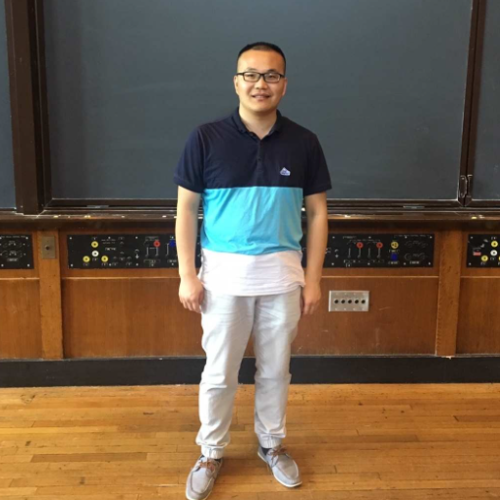The Environmental Protection Agency (EPA) has a variety of goals laid out in its mission, including the aim that “all parts of society…have access to accurate information sufficient to effectively participate in managing human health and environmental risks.” It’s no wonder then that Dr. Qiang Li, Assistant Professor of Natural Sciences, secured a $112K grant from the EPA to address just that, as he will use the funds to address the gap between the large body of environmental and sustainability research and the general public’s knowledge of such research and the best practices for making a real, positive impact on the community we all share.
“The idea is to educate and train teachers who work in underserved communities within urban Houston,” said Li. “They will come to UHD and receive hands-on training, and they will in turn take that knowledge back to their students.” Li also said the grant includes five sub-awards that will be awarded to local school districts so they can fund field trips that educate students and their families about the need to protect soil health, water quality, and properly manage storm waters in an urban setting.
And while the grant serves as a recognition of the project’s community impact, there is also a significant student success component, as four to five undergraduate Gators will have the chance to help organize and participate in the teacher-training sessions, allowing them to connect knowledge gained in coursework to real-world issues. To sweeten the deal, stipends will be provided for each student who assists.
Originally from China, Li is also working hard to balance not just his teaching, research, and service responsibilities, but also his new role as a father to a young daughter, something that he said injects his environmental work with even more urgency. Ultimately, it is his sense of responsibility to both his family and Houston that drive Li, as the grant award and the project it supports aren’t only about soil and stormwater, but also the need to ensure that even laypersons are equipped with the knowledge needed to help in the effort to create a healthier city.

